If you've engaged with social media or the Internet in general in the last week, then chances are good you’ve seen the backlash against sexist media incidents surround the Rio Olympics — even if you aren’t actually following the Olympics. Make no mistake, I love the Olympics: countries from around the world coming together, uniting to provide the world with two weeks of jaw-dropping athleticism and inspiring success stories? I love it. But NBC and other media outlets are dampening my spirits with their rampant sexism. This year, the United States sent a record number of female athletes (292 of 555) to the Games. And despite this, the media has been nothing short of sexist in their coverage of female Olympians and their sports.
Dan Hicks of NBC credited swimmer Katinka Hosszu’s husband and coach with her breaking a world record.
Yes, coaches are hugely instrumental in the accomplishments of their athletes. However, in the end, no one but the athlete can do the work. No one but Hosszu was swimming for her when she broke the world record in an individual event. To pass a woman’s accomplishment off to her husband takes us back decades, to when women couldn’t act independently of their husbands. And it reminds us that this lack of freedom is not over everywhere. However, Hosszu is not among these women and she is the only person responsible for the swim that broke the record.
An NBC commentator said, of the best female gymnast in the world, Simone Biles, “I think she might even go higher than some of the men.”
If you haven’t been following gymnastics or don’t know much about the state of American gymnastics, then here is what you need to know: The U.S. women's gymnastics team is miles better than the U.S. men's team. And yet the commentator chose to praise Simone (who is considered by many to be the best gymnast of all time, and is certainly the most dominant female gymnast right now) by saying the "might" go higher than the men. It's a completely unnecessary comparison, given that she and her teammates were already outperforming their male counterparts.
Everyone from commentators to writers online are praising Dana Vollmer for returning to swimming after having a baby more than a year ago.
While some may say discussing Dana Vollmer as a mother is simply profiling part of her identity, the implication of these kinds of comments is that it's a superhuman feat for a woman to continue with her athletic career after giving birth which just isn't true. Plenty of female athletes have kids and their identity as a mother doesn't need to be regarded as a huge obstacle in the path of their career. I think it's great that she is both a mother and an Olympian, but the media coverage of her clearly praises one of those identities a bit more.
NBC commentators refer to the women’s cycling team as the “girls team.
While we could simply excuse this as a slip of tongue, it’s a loaded incident of misspeaking. No one is calling the men's team "boys." Calling the women's team "girls" makes them seem younger, less experienced and less professional. It diminishes them as athletes and as people.
The people of the Internet, echoed by commentators, say 19-year-old, uber-dominant swimmer Katie Ledecky “swims like a man.”
With Katie Ledecky, also considered the most dominant woman in her field, commentators feel the need to compare her to a man. The implication here is that the reason she's a phenomenal swimmer is because she swims like a man. She's a 19-year-old woman. The reason she's so amazing is because she works her ass off and trains hard. It’s widely regarded as an insult to tell a guy he "throws like a girl." In this same logic, it's a compliment for a woman to do anything like a man. All this comparison does is reinforce the idea that it's better to be "like a man" than "like a woman".
NBC’s Jim Watson said, of the U.S. women’s gymnastics team, “They might as well be standing around at the mall,” when they dared to talk and laugh with one another between rounds of competition.
For a man to say, again, of the best female gymnasts in the world that they might as well be standing at the mall completely erases the fact that they Olympic athletes. Yes, they are younger than a lot of Olympic athletes because of the nature of gymnastics. But it's unfair and demeaning to take these athletes out of the highly impressive context they're in (leading by ten points at the Olympics) and emphasize the fact they they are young girls, disrespecting the years of intense training they have gone through to get to this point.
These are male commentators whose only concept of complimenting women is to compare them to men or to congratulate them for overcoming motherhood (or altogether erase their efforts, accomplishments, or identities). None of these comments would have been made in the reverse. And if they had been, they wouldn't have been meant as "compliments". This year, the U.S. has more female athletes competing than any delegation in history and the media still deems it appropriate to cover and comment on their athleticism in sexist ways.
Some people might ask — what’s the big deal? How much harm does it actually do when the media covers women’s sports in sexist ways? Do these incidents even count as sexism? These people are generally men. And they are missing the point. And while it’s frustrating and unacceptable, it makes a degree of sense. It's a lot easier to see sexism and misogyny for what they are when you've experienced them firsthand since you were a child. Overwhelmingly, responses to media sexism (like this one) have been coming from women, while men are instigating the sexist coverage.
Our world has been shaped by a patriarchal system which posits women as inferior to men and has created a near-universal culture in which it's acceptable for men to speak and act in sexist, misogynistic ways including, but by no means limited to, the kind of sexist media coverage we’ve seen during the Olympics. These incidents of sexist media coverage are hardly isolated or harmless—they are the product of this system.
So, why are women so outraged by the way the media is treating female athletes? Because this treatment and coverage is representative of a much larger system: one where women are held as inferior, rather than acknowledged as autonomous human beings. These are undeniably extraordinary women: even the most seemingly superhuman athletes aren’t immune to sexism. We can’t and won’t stand for sexism against women on one of the most famous world stages, just as we can’t and won’t stand for sexism against ourselves or against the women we know.
Women, and feminist allies, are speaking out so vehemently against these sexist incidents because they are amplified versions of the sexism women experience daily. When women talk about sexism and feminism, we aren't simply having a conversation. We're attempting to share what is often a painful experience. This isn't actually about theories, beliefs or evidence. It's about the things that we experience and the things we see women around us experience. It's a part of our lives.





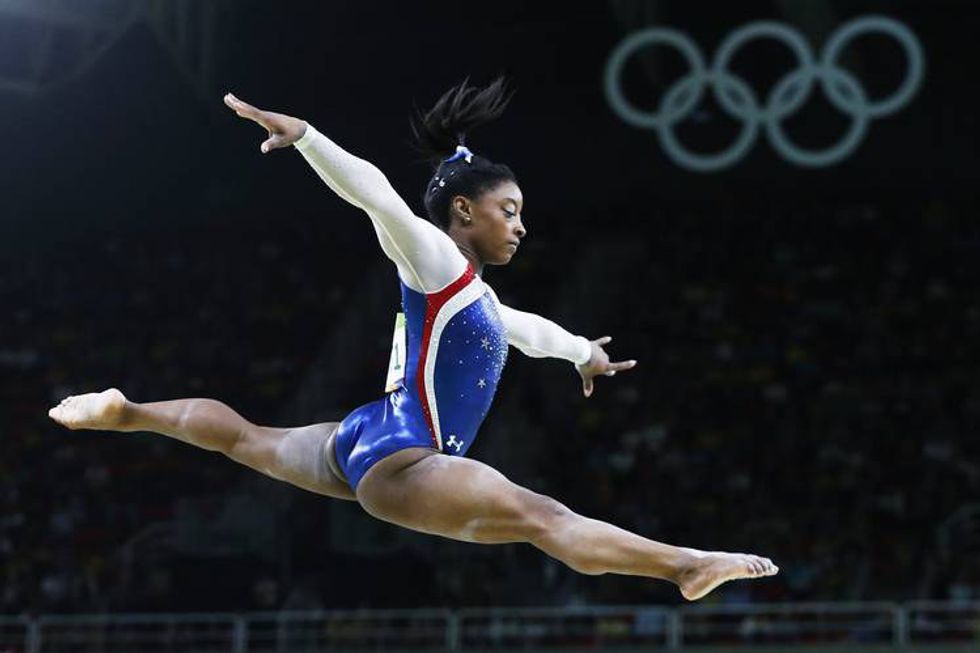
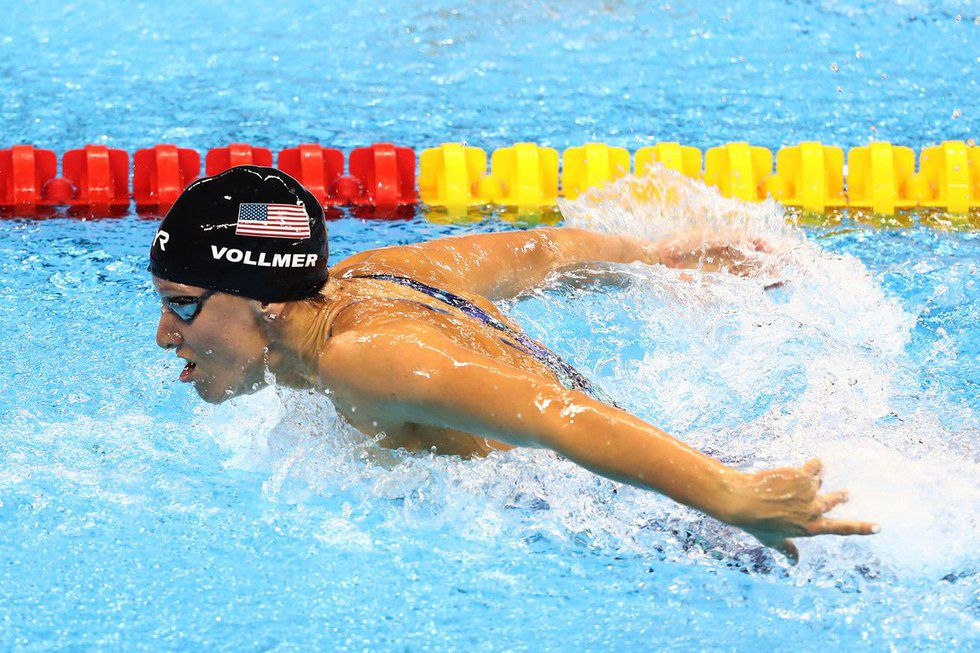
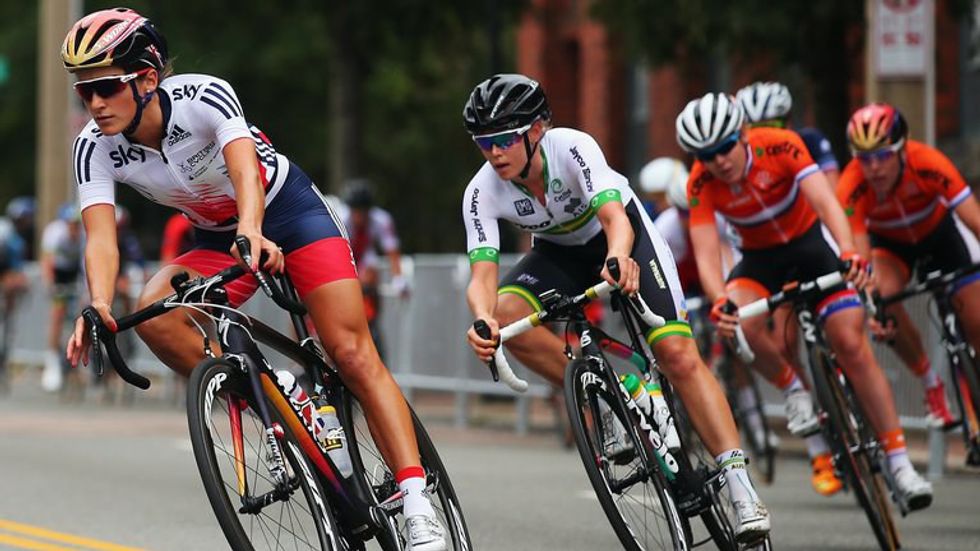
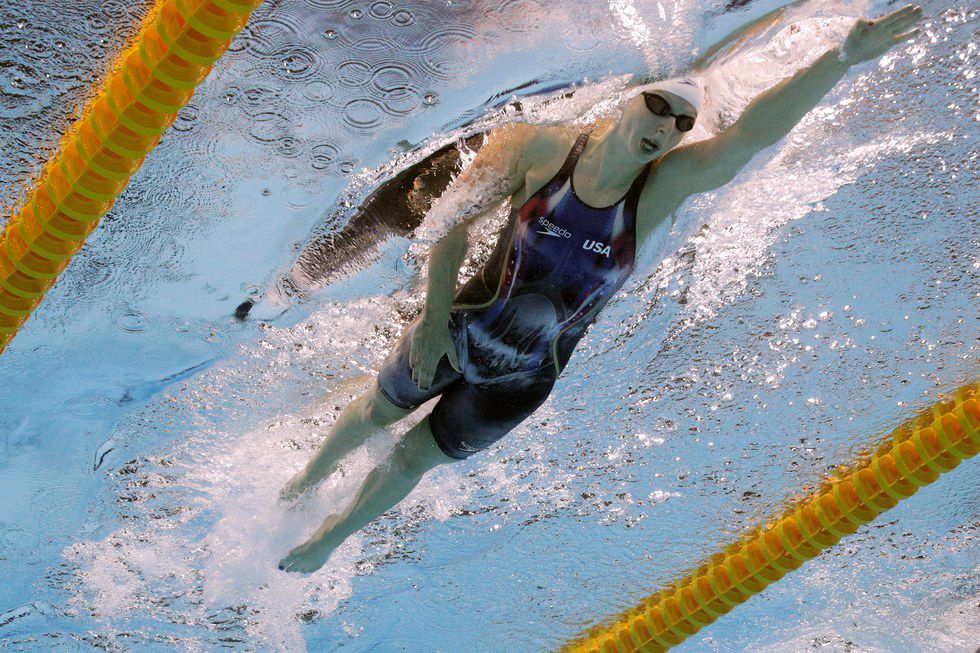
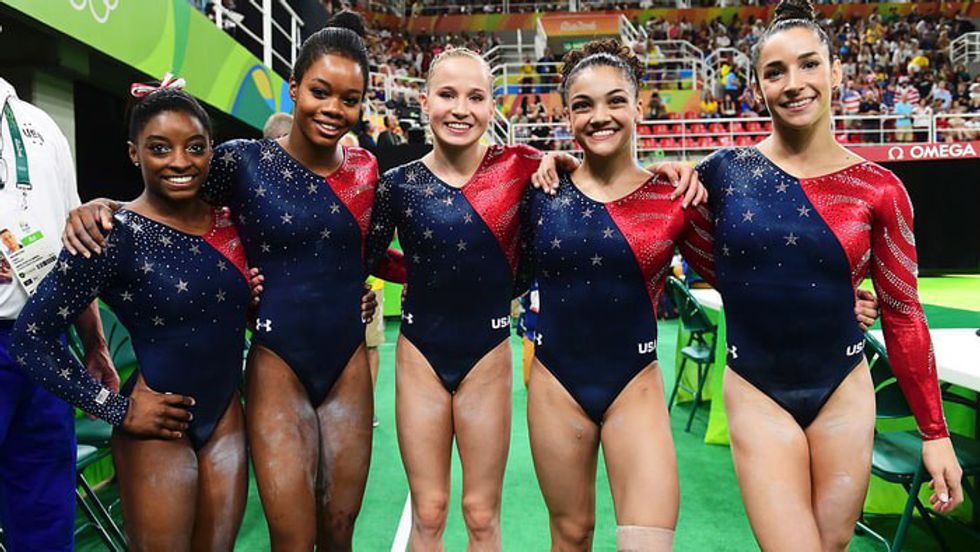




 The minimum wage is not a living wage.
StableDiffusion
The minimum wage is not a living wage.
StableDiffusion
 influential nations
StableDiffusion
influential nations
StableDiffusion












